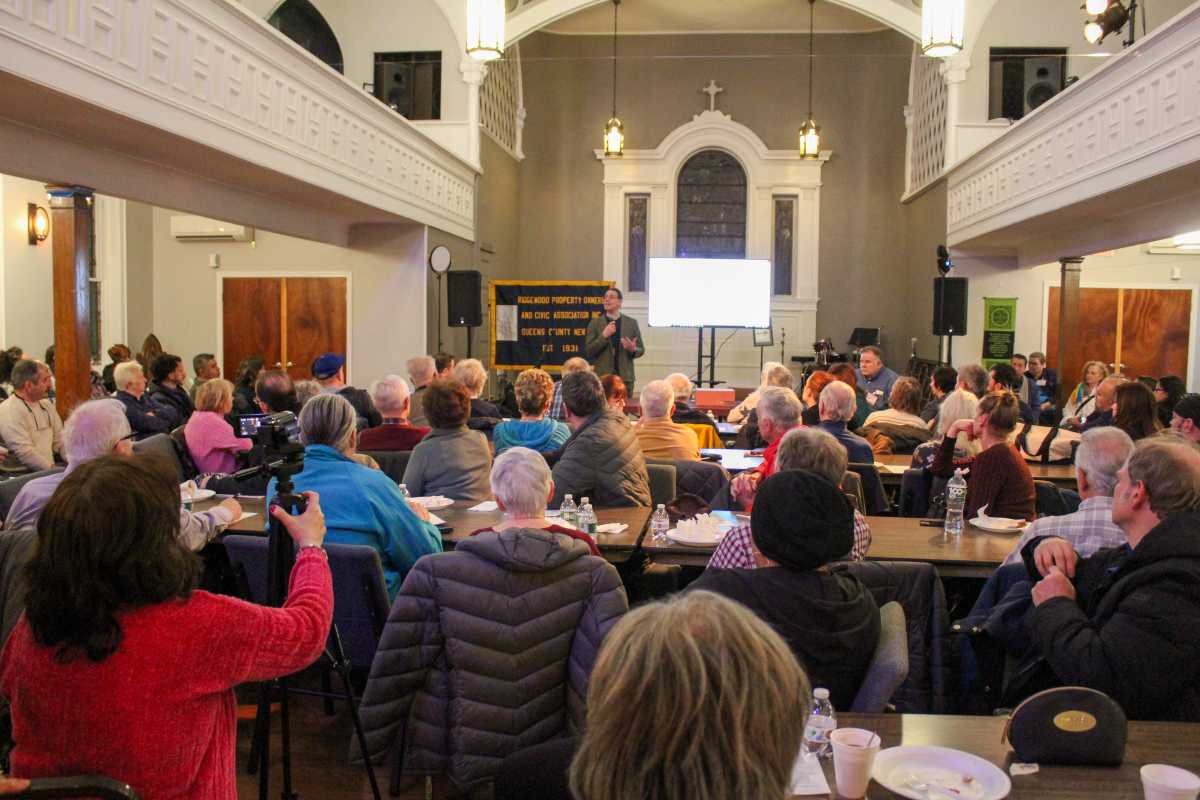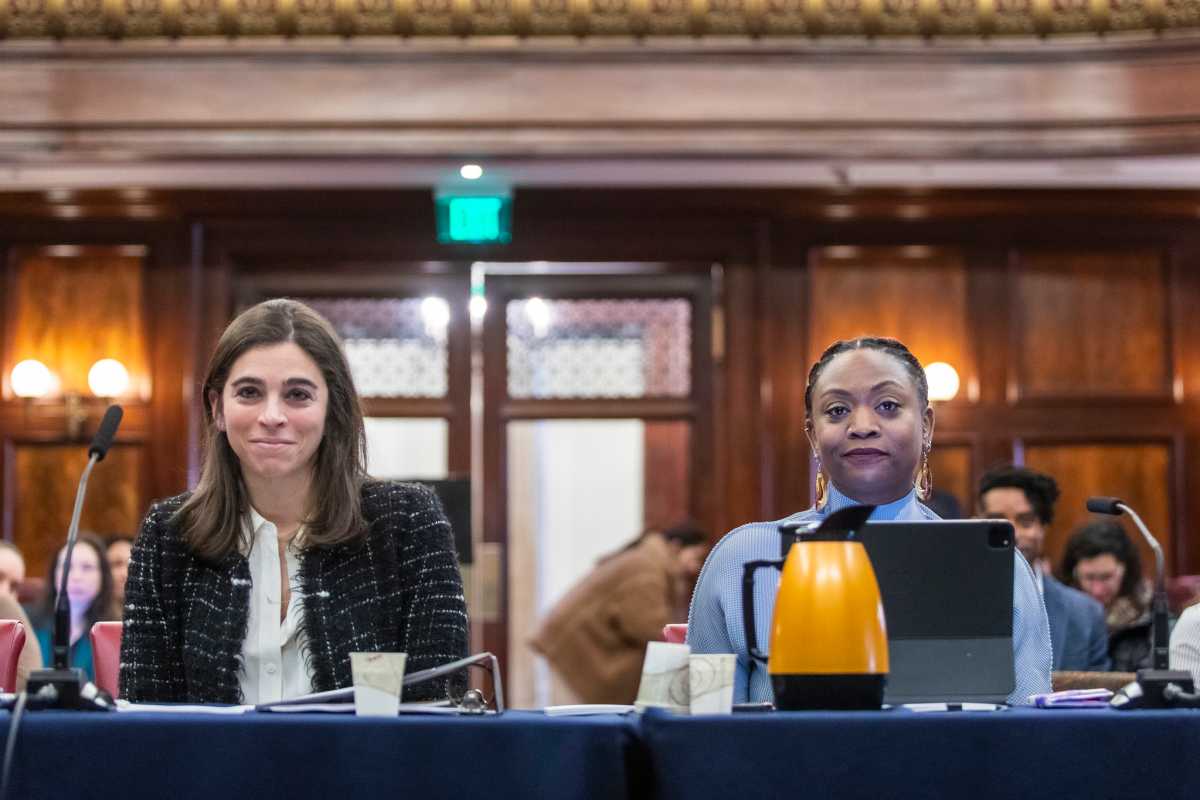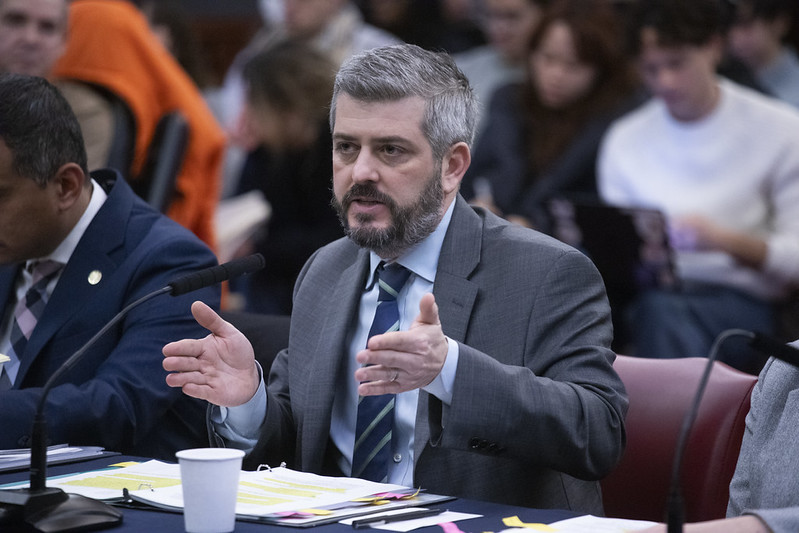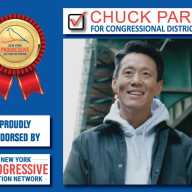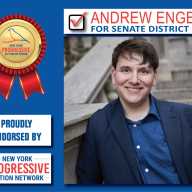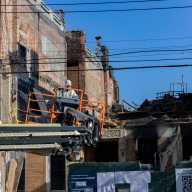A resounding NO for the “City of Yes” echoed throughout the halls of the Ridgewood Presbyterian Church during a Ridgewood property owners meeting early last month, as urban planner Paul Graziano presented his argument against Mayor Eric Adams’ initiative.
The Ridgewood Property Owners and Civic Association, comprised of dozens of Ridgewood denizens, expressed concerns about the economic and housing aspects of the plan. They are worried about how these changes could affect a neighborhood known for its rich city history and numerous small businesses, especially given the existing challenges related to multi-family housing.
Graziano, who continues to present his findings on the City of Yes to civic groups across the city, gave Ridgewood natives a unique look at how the potential changes to zoning text amendments across the city could specifically impact Ridgewood’s quality-of-life.
Dozens of property owners at the civic meeting each took pen and paper to share their concerns in letters to the Mayor and City Council, motivated by Graziano’s presentation.
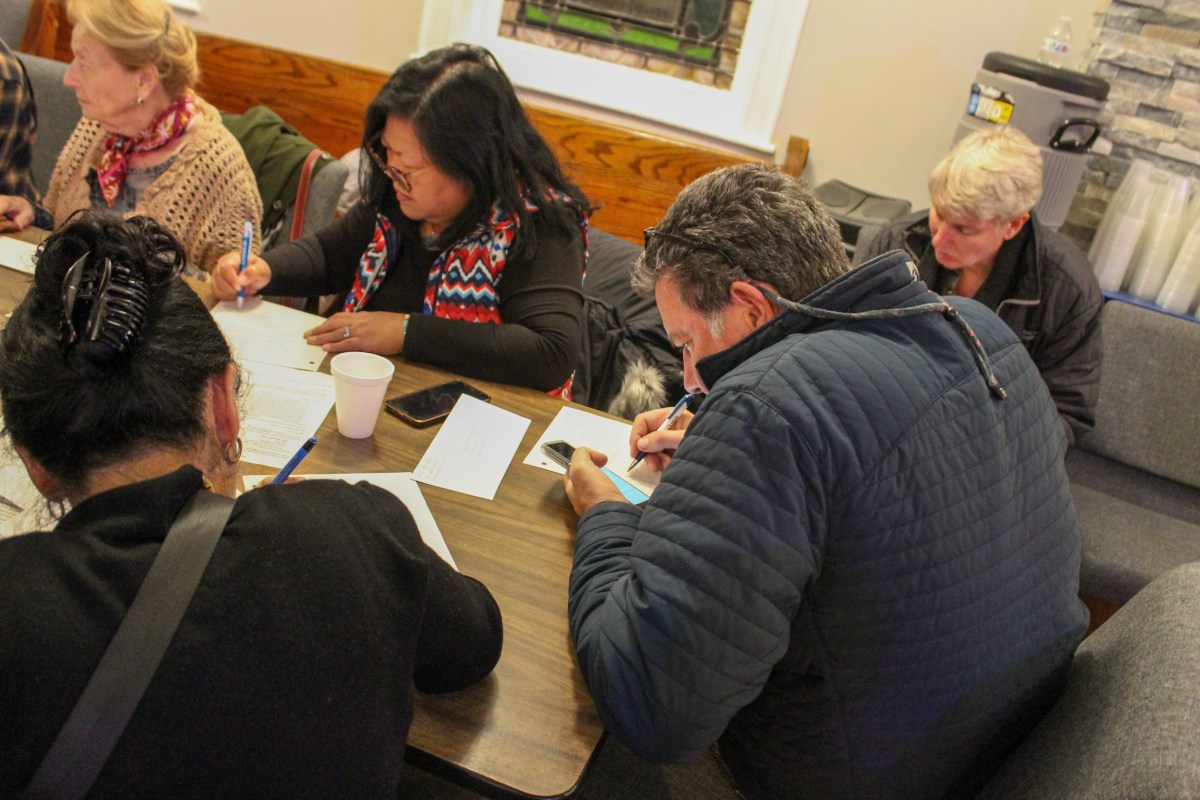
Ahead of a detailed report specifically looking at Ridgewood neighborhoods, Graziano said the impact of the City of Yes could change the neighborhood more than expected.
“This is an apocalypse, a nuclear bomb, whatever you want to call it,” said Graziano, while emphasizing that if this is approved in any form, communities will become unrecognizable.
The City of Yes plans to modernize and update the city’s zoning regulations to support small businesses, create affordable housing, and promote sustainability, as it’s written on the New York City Department of City Planning website.
The three step plan listed on the DCP’s website, and as part of the Mayor’s initiative, is to turn the city into a modern hub for businesses- allowing for a growing push for renewable energy, providing legislative changes for more building spaces, and focusing on building housing in a seamless way.
Within the city’s plans, Graziano claims that there are greater changes to what Ridgewood natives know as city life if the City of Yes is approved without further considerations. One particular change involves the conversion of multi-family dwellings into apartment style complexes on residential neighborhoods.
“The department of city planning and the Mayor have stated publicly that lower density neighborhoods are the cause of the housing crisis and therefore must be eliminated,” Graziano said, adding that the purpose of the zoning changes are to allow developers to build without limitations.
Graziano states that the construction of additional apartment complexes would be particularly noticeable in areas of Ridgewood characterized by multi-family homes that stand alone, not attached to other buildings. Furthermore, the City of Yes initiative aims to allow the creation of Accessory Dwelling Units (ADUs) — small, separate living spaces — which could be constructed in a property owner’s backyard.
Graziano has estimated that, if the City of Yes proposal is approved without any modifications, a site that currently has two detached singe family homes could be replaced by an apartment complex with 43 units. In his presentation, Graziano says the two houses make up slightly under 40,000 square feet, which could make space for a 43 unit building.
“Why would you want to allow this in residential areas?” Graziano asked.
The proposed amendments to the city’s zoning text, which govern the classification of residential and commercial spaces, are also designed to permit the operation of small businesses within residential zones.
Graziano references the strip of stores along Myrtle Avenue in his presentation to the property owners with an emphasis that those stores could be left behind if changes allow an intersection of residents and stores within Ridgewood’s brownstone-adjacent apartments.
The urban planner and consultant says the City of Yes ultimately wants to regulate land-use power among community boards, which will allow building developers to do as they please. He is expected to send a detailed report on the impact of the City of Yes for Ridgewood in upcoming weeks.
Correction: A prior version of this story had written a site that currently has a two or three-family home could be replaced by an apartment complex with 43 units. The location in reference was actually two detached and neighboring single family homes. We regret the error.

